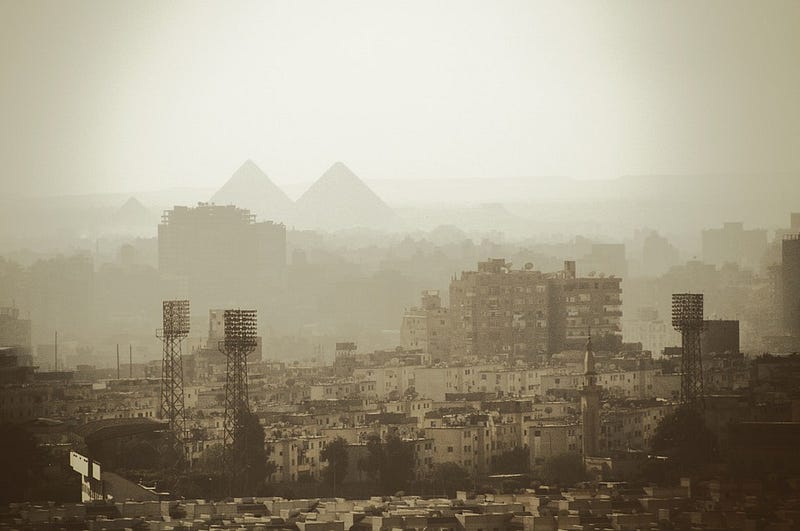IPCC report calls for unprecedented changes to combat climate change
By Rachel Powell, Undeclared, Class of 2022

This article was originally published as part of Issue 38: People.
The United Nations Intergovernmental Panel on Climate Change (IPCC) released a report Oct. 12, 2018, warning about the need to prevent global temperature from increasing more than 1.5 degrees Celsius before 2030. According to the report, if the average global temperature increases two degrees, health, security, and economic stability would be in severe danger.
An IPCC press release published Oct. 8, 2018, stated “rapid, far-reaching and unprecedented changes in all aspects of society” are necessary in order to maintain global sustainability. The report emphasized the need to immediately implement mitigation processes to “reduce or prevent the emission of greenhouse gases, or to enhance the absorption of gases already emitted.” There is a focus on the increased presence of new technologies, renewable energy sources, and changes in individual and collective behavior in order to prevent further warming.
“Individual action certainly can make a difference,” said Brian Helmuth, a professor of marine and environmental science at Northeastern. “But it has to be collective action of people working together to change policies and responses of business.”
“Individual action certainly can make a difference… But it has to be collective action of people working together to change policies and responses of business.”
It is estimated that the average global temperature is rising at a rate of two degrees per decade, and this warming is the result of previous and current emissions. The report states about one degree Celsius of temperature rise above pre-industrial levels can be attributed to human activity, and the majority of carbon dioxide emissions caused by combustion of fossil fuels occur in the transport and industry sectors.
“Every time we buy something, it had to have been manufactured, and it had to have been moved from somewhere else. Cumulatively, these are having really big impacts on emissions,” Helmuth said. “Industry is responding to consumer demands, so even though we’re pointing fingers at industry, we’re the ones who are buying their products and supporting them.”
The report states in order to limit global temperature rise to 1.5 degrees, emissions of methane and black carbon must be reduced by at least 35 percent by 2050 compared to emissions in 2010. Renewable energy sources such as solar, wind, and geothermal must be utilized on a greater scale. To limit global temperature rise to 1.5 degrees, the use of renewable energy, nuclear energy, and fossil fuels with carbon capture and storage must increase and coal use for electricity generation must fall to almost zero percent by 2050.
The report states that limiting warming to 1.5 degrees rather than two degrees will reduce climate-related risks to natural and human systems such as drought and increased average temperature.
“Coal is one of the dirtiest forms of energy,” Helmuth said. “It’s not just the greenhouse gas emissions, it’s all the particulates and all the waste that’s going into water through the processing.”
The reduction of fossil fuel emissions is one focus of the Paris Agreement signed by 195 countries in 2015. Although the U.S. federal government withdrew from the Paris Agreement in June 2017, Helmuth said “a lot of the forward motion has been on the local level and state level.” The IPCC report was commissioned by the United Nations Framework Convention on Climate Change after the adoption of this climate deal.
The report states that limiting warming to 1.5 degrees rather than two degrees will reduce climate-related risks to natural and human systems such as drought and increased average temperature. Effects on biodiversity and ecosystems will likely be less substantial at 1.5 degrees, as well. As a result, ecosystems will be better able to adapt to changing temperatures and weather events. Still, the report acknowledges that these systems and the services they provide to humans have already been affected by the changing climate.
“Biodiversity and ecosystem services are the first line of protection,” Helmuth said. “As soon as we get rid of that, we are really damaging our ability to ride out the worst impacts of climate change.”
Adaptation to the effects of climate change will likely be more difficult at two degrees than 1.5, especially in developing nations. The report proposes numerous ways to proceed, but highlights urgency above all.
“What the report is trying to prevent are what we call tipping points or a point of no return,” Helmuth said. “Even a small change in average temperature can make a pretty big change to the likelihood that those tipping points will happen.”
